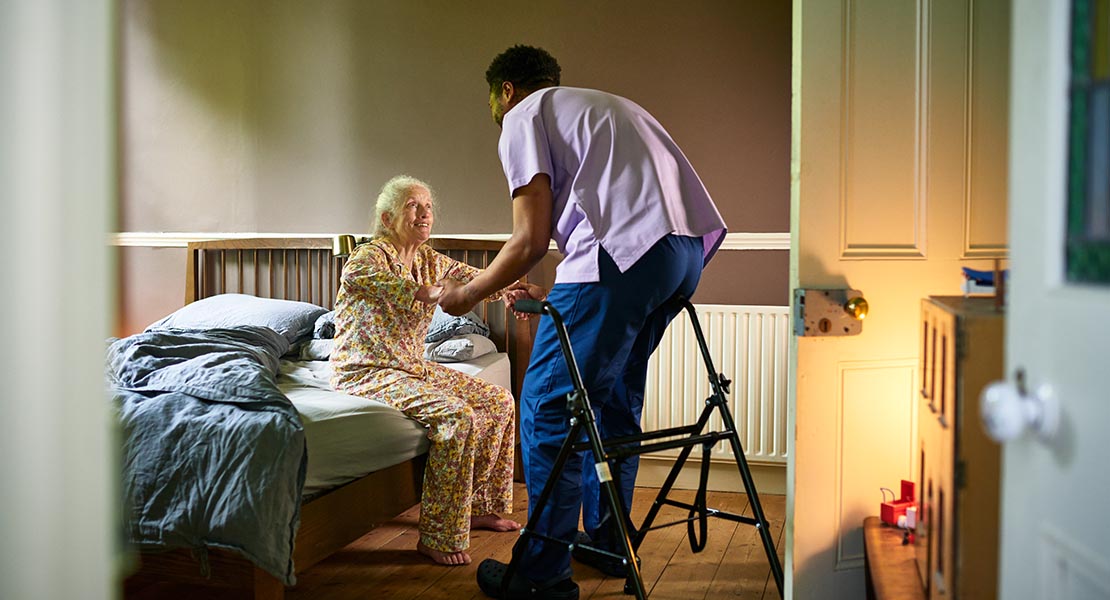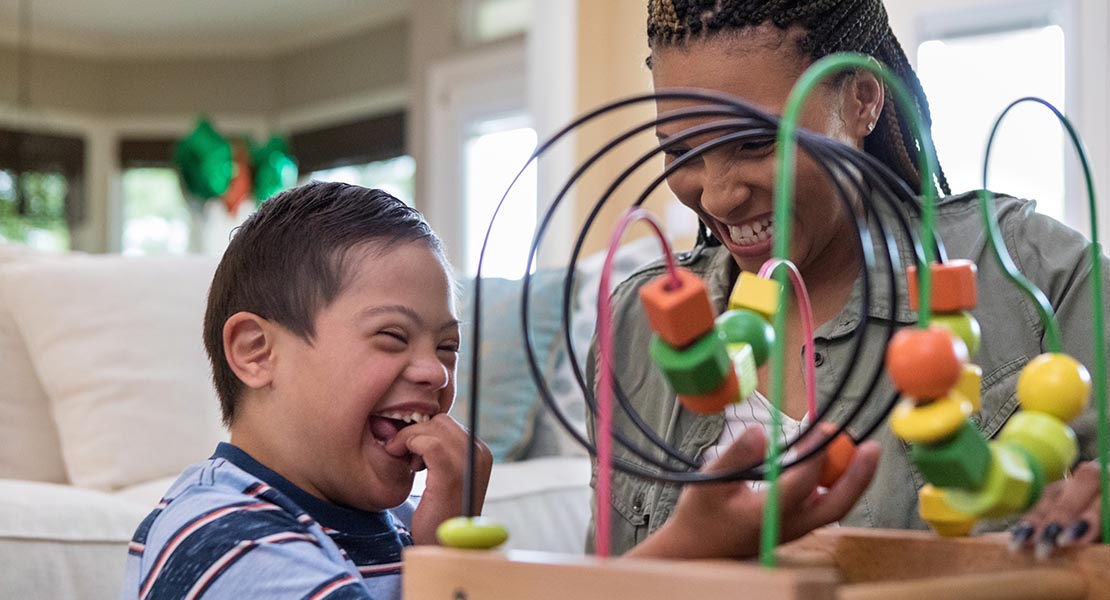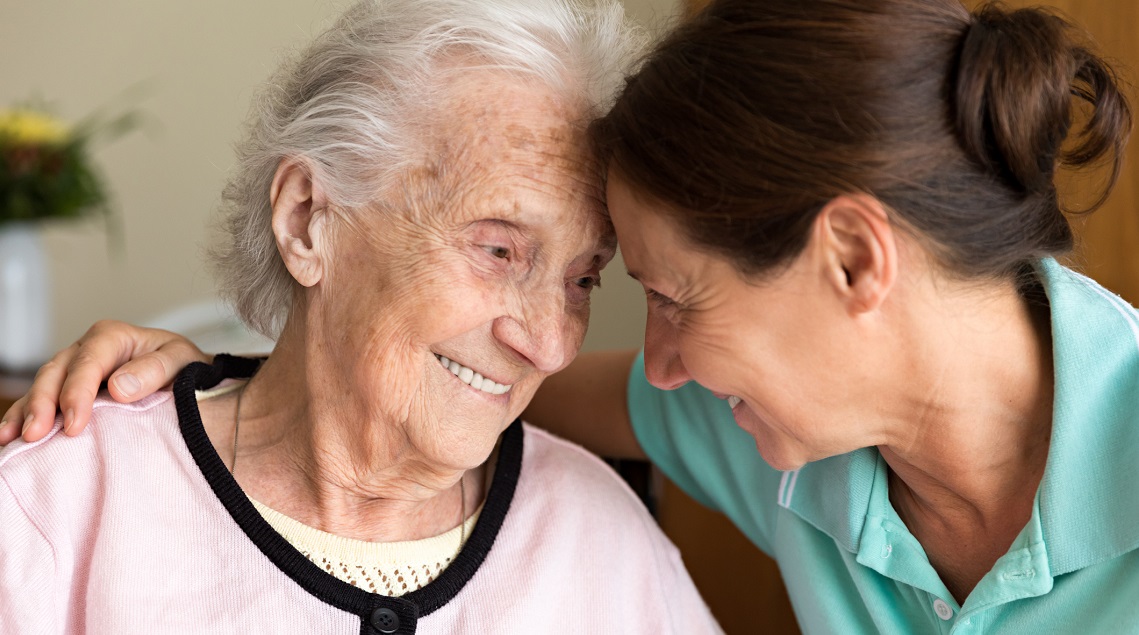The NIHR not only supports research to improve the health care we receive; it also supports research into social care.
Social care is often in the news, often in relation to care homes for the elderly. But social care is much more than that – and so too is the research underway to improve it.
1. Social care isn’t just for frail and elderly people
Social care also isn’t just for frail and elderly people. It ensures children are safe and well cared for, in particular children who are looked after by the state, or ‘in care’.
It also covers the support provided to people with intellectual or physical disabilities and people whose mental health limits their ability to live their lives independently.
The support that is provided through social care can involve helping people to go to work, to manage their own finances or simply to live in their own house – day to day things most of us just take for granted. Social care can be provided in people’s own homes as well as in residential settings, such as care homes.
Overall, social care is about improving people’s wellbeing, helping them to live the life they want, where they want and in the way they want to live it.
2. Social care research isn’t about the numbers
Social care research aims to achieve improvements in people’s wellbeing, independence, human rights and equality. These can be harder to evaluate than health outcomes such as whether a particular medicine successfully reduced someone’s blood pressure or not.
Social care research tries to find ways to better assess and respond to people’s social and emotional needs, to see what works well and why. Research often looks at models of care, where it is best delivered and how social care workers can be best trained and supervised for the benefit of care users.
The kind of outcomes that are looked for in social care research means that it is often more ‘qualitative’. This means it’s not usually about numbers and statistics, but more about people’s experience of and interaction with services. The way this information is gathered is usually through questionnaires and interviews.

3. The majority of social care research is ‘co-produced’
The majority of social care research is ‘co-produced’. This means that it is designed, developed and carried out in close collaboration with people who receive the care, and the people who deliver it.
Many of the people who use care face challenges, possibly in their ability to communicate, in their physical mobility or their cognitive processing. A lot of thought and consideration goes into making social care research as accessible and inclusive for these groups as possible.
4. Research in social care is less well established, but we’re working to change that
Health care sits under the overall umbrella of one organisation – the NHS – but social care is overseen by around 150 different local authorities and delivered by thousands of private and not-for-profit providers across the country. And of course, a great deal of social care is provided by families, friends and local communities.
People who work in social care are also less likely to have been introduced to research as part of their training, unlike doctors or nurses, for example. This all makes planning and delivering a research project for social care more complex than health research – in particular the large-scale clinical trials that are seen as the ‘gold standard’. More of these are needed in social care and the NIHR is helping to make this happen.
The NIHR has now put social care research on an equal footing to health.
As well as supporting studies that seek to improve social care, the NIHR is helping to build a strong social care research base and increase research capacity in the social care workforce.
5. You can take part in social care research
If you’re a social care user or care for someone who uses social care, you could get involved in research in various ways:
- providing data – through interviews or questionnaires
- help develop a project and steer its work
- become a co-researcher, interviewing others and analysing the data, alongside professional researchers
- help to communicate outputs from research in ways that social care users and workers can understand and use.
To find out more about research trials that are happening now and in the future you can look at our full list of studies. Or sign up to Be Part of Research to be contacted about opportunities that match your interests.
And if taking part in a study doesn’t feel right at the moment there are other ways to get involved in research.








